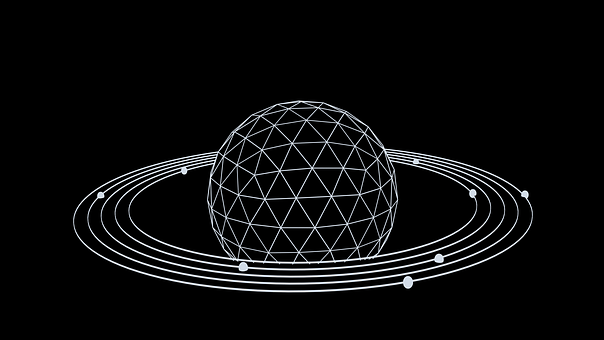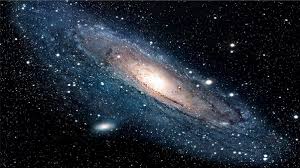Science Group
This page includes text and pics for officers to assess a proposed article in the Ross U3A newsletter March 2018.
It is a hidden page.
Quotations are often edited and, while their source is shown here, not so in the article, if used. Such text may be discussed within the group and members will be shown more according to interest.
While quotations are often shown as individual paragraphs, they will generally be closed up into longer paragraphs. They are numbered for reference purposes but won't be in the article.
Much smaller graphics will be used and which ones will depend on space and officer comment.


Our planet within a vast context?

Include other planets?

Include other galaxies such as Andromeda?

From the immense universe to the tiny atom?
Itself highly complex:
1 Elementary particles
1.1 Fermions
1.1.1 Quarks
1.1.2 Leptons
1.2 Bosons
1.3 Hypothetical particles
2 Composite particles
2.1 Hadrons
2.1.1 Baryons
2.1.2 Mesons
2.2 Atomic nuclei
2.3 Atoms
2.4 Molecules
3 Condensed matter
The group could explore aspects of interest.
From which and as an example, Fermions are named after Enrico Fermi, popularly connected to his Paradox
The Group
A
Before considering other aspects of science, emphasis will be made on the group deciding its topics and how the meetings will operate.
B
It will not be a 'back to school' group. Youngsters today receive a very different science, one that assumes that they have and use the Internet. From this we ask if our members want to use it.
C
Hard science and soft science are colloquial terms used to compare scientific fields on the basis of perceived methodological rigor, exactitude, and objectivity. Roughly speaking, the natural sciences are considered "hard", whereas the social sciences are usually described as "soft". source
D
The article will assume that hard more than soft science will be the group's focus. In that case, we can set out the playing field and propose topics etc which could be of interest.
E
What is considered hard science?
i
Depends on who you ask, but in general the hard sciences are considered to be fields such as: Physics, Chemistry, Biology, Astronomy, Geology, etc.. and the soft sciences are considered to be fields such as: Psychology, Sociology, Political Science, etc. source
ii
Physics is also called "the fundamental science" because the subject of study of all branches of natural science like chemistry, astronomy, geology, and biology are constrained by laws of physics . . . source
iii
The more "developed" hard sciences do not necessarily have a greater degree of consensus or selectivity in accepting new results compared with their sister soft sciences like sociology. Hard sciences deal with strict evidence and strict proof of new (an old) theories.
iv
Which leads us into linguistics. more.
v
Stories (not theories) revolving around scientific and technical consistency were written as early as the 1870s with the publication of Jules Verne's Twenty Thousand Leagues Under the Sea in 1870 and Around the World in Eighty Days in 1873, among other stories. source Theoretical physics did not come into existence as a subfield of physics until the 1860s. By 1870 physicists had accepted mathematics as the natural language of physics and put into place their own ways of training and using the diverse language. source Rest assured that our maths won't be harder than 2 + 2!
F Einstein
Albert Einstein was born in Germany, in March 1879. In 1905 he obtained his doctor's degree. Einstein always appeared to have a clear view of the problems of physics and the determination to solve them. He had a strategy of his own and was able to visualize the main stages on the way to his goal. He regarded his major achievements as mere stepping-stones for the next advance. source Relativity etc will be a matter of group vote at the beginning of this new U3A offering.
might use
The more "developed" hard sciences do not necessarily have a greater degree of consensus or selectivity in accepting new results compared with their sister soft sciences like sociology. source